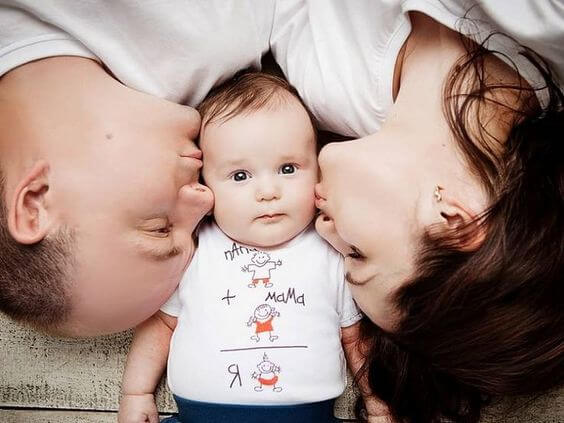Parenting does not come with ‘Do it this way’ manual. We are bound to make mistakes. There are many things we believe and do unknowingly as parents which can damage our child’s self-esteem and self-belief.
Here are top 5 and how you can avoid them:
1. We believe that children are not as wiser as Adults…
Since children are smaller than us, they have lesser information and fewer experiences than us; we feel they are not wise enough. We have an obligation to guide them about everything, right or wrong.
Sometimes we become very rigid about our rules and the way we impose them. All our rules become their beliefs and many times disempowering ones.
“Believe the truth – children are born with innate wisdom to thrive in this world.”
Give them the information they need to be safe and then trust them. More you believe in your child’s capability to access their wisdom, more they will believe in themselves.
2. We can tell them what to feel, rather it is our job to do so…
Have you heard yourself saying to your children, do not feel angry, don’t cry or don’t be sad, you should be happy.
We often try to tell them how to feel instead of accepting that they are individual beings and have the right to feel whatever they feel in that moment.
We think that they do not have the same feelings or expectations as adults; hence we can easily justify when we order or command them, ridicule or shame them.
The truth is – the things that embarrass, humiliate or hurt you, are equally or more hurtful to the children and damage their self-belief.
Just imagine for a moment, how do you feel when someone orders you and ridicule you when you do not follow their command and how will you react to that?
“Accept and empathise with your child’s feelings (not their behaviour) and build a deep bond with your child.”

3. We need to correct their mistakes…
We feel that it is our responsibility as parents, to point out all their mistakes, and if we keep on correcting them, they will improve eventually.
Now imagine someone telling you, criticising you and trying to correct you on every mistake you do, like, this food could have been cooked better, the house is not clean or organised, does it inspire you to improve?
Something like this – you could put more effort at your work or as a parent to improve. How many times I have to tell you to keep your table clean. You could have been more positive and content with what you have etc.
Criticism is detrimental for a child’s self-esteem. Pointing out every mistake, ridiculing them, try to teach them at every opportunity disconnect children from their own well of wisdom, trust and self-belief.
“When you see and acknowledge your child’s strengths, believe and show them their potential; they believe and take ownership for change too.”
4. If we do not guide and tell them, how will they learn…
Children are mirrors and imitators. They reflect back to us what we do. They copy every single thing we do or be in this world, even subconsciously.
Irony is that parents try to teach children everything by telling them, not leading by example. It’s like ‘do as I say, not as I do’.
Is it really possible to teach respect to someone by being disrespectful?
There is a role of gently guiding or showing them the right path. Though the only way our children learn is – watching us tread the right path, how we live every single moment of our life.
If we tell them it is not ok to scream and shout when you are angry, but they find us losing our cool every now and then, what do you think they will learn. We criticise them for being so disorganised while our own clutter and chaos is so obvious. Eventually their trust and belief in others and themselves start quavering.
“Be the Person you want your child to be.”

5. We love them means we accept them…
The biggest one is this – because we love our children infinitely, we believe we accept them too.
If you become aware and mindful, you will notice that your words, your gestures, and words all communicate unacceptance.
Children, again and again, feel the pressure of not being accepted. They try to comply in order to please parents and be accepted but fail mostly. That leads to negative beliefs, guilt, and shame like – I am not good enough, not important enough, I made my parents sad or angry…all these beliefs have a long-term impact.
Let your child feel this, through your body language, your energy, and your expressions –
“I accept and cherish you the way you are. I do not compare you to someone else or my expectations of who you could be”.
If you noticed yourself doing these too, it’s never too late to make changes and correct your mistakes. Be kind to yourself as well.
This blog was first published on @momspresso here:
Much Love.
Happy parenting
—
Life & Parenting Coach (ICF UK)
Trainer, Author, Speaker
www.salonisingh.com
www.fb.com/
Instagram.com/salonilifecoach

